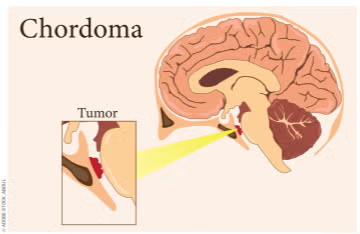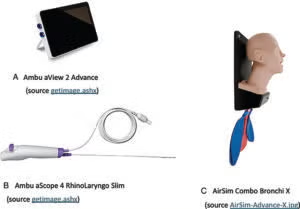How is China’s growing role in pharmaceutical innovation shaping global drug access; what are the implications for U.S. patients and policymakers?
Reducing Surgery for Pediatric Post- Tonsillectomy Hemorrhage Using Tranexamic Acid: A Quality Improvement Initiative
Can standardized administration of TXA reduce the need for operative intervention in children presenting with post-tonsillectomy hemorrhage?
Automated Technical Skill and Performance Assessment in Otology and Neurotology: A Scoping Review
What is the current state of semiautomated and fully automated methods for assessing technical skill and performance in otologic and neurotologic surgery?

Courting Justice: ENT Surgeons in the Witness Box

Preserving the Hearing Health of Military Service Members

Knowing Your End Game When Using Wellness Surveys
Wellness surveys in workplaces often fail to achieve meaningful outcomes when results are not shared or acted upon, leading to employee distrust and disengagement. For these surveys to be effective, organizations must use feedback to drive real improvements and foster a culture of openness and safety.

Change Is Good, Right?
Otolaryngologists discuss significant changes in their practices, highlighting advancements in technology, challenges with insurance, and evolving patient communication methods.

To Be or Not to Be: A Sleep Fellowship-Trained ENT
Sleep breathing disorders like OSA are common and require specialized care. Otolaryngologists with sleep medicine training are uniquely qualified to manage these conditions through multidisciplinary approaches, including surgical options. Sleep fellowships offer advanced expertise and certification opportunities in this evolving field.

Patient Advocacy in Rare Sinonasal and Skull Base Tumors?
Patient advocacy organizations like the Chordoma Foundation and SMARCB1 Hope play a crucial role in supporting patients with rare sinonasal and skull base tumors by providing resources, fostering research, and building community connections. Their efforts highlight the importance of collaboration between patients, clinicians, and researchers to improve outcomes and care.

Development of Machine Learning Copilot to Assist Novices in Learning Flexible Laryngoscopy
- « Previous Page
- 1
- …
- 3
- 4
- 5
- 6
- 7
- …
- 342
- Next Page »